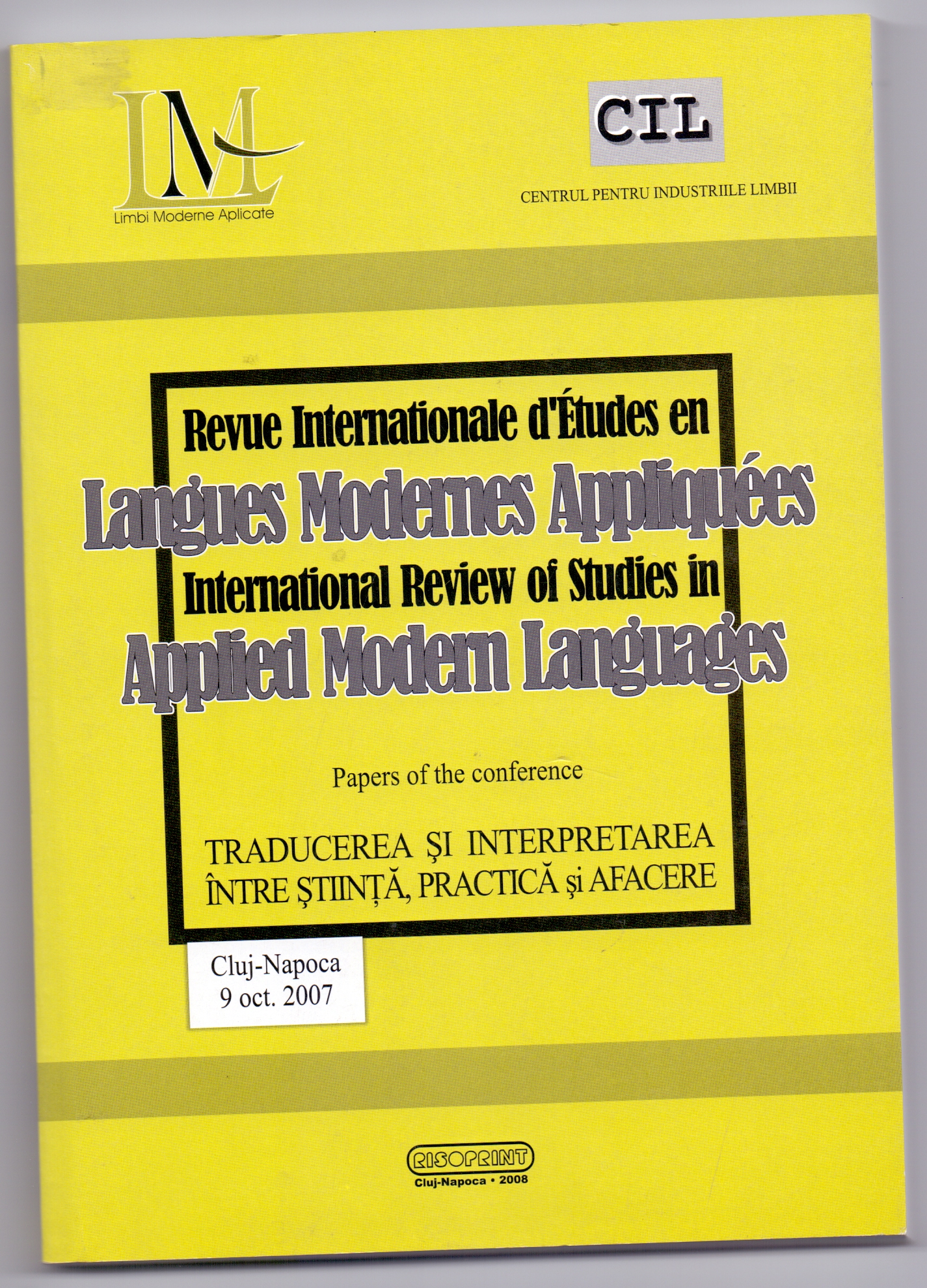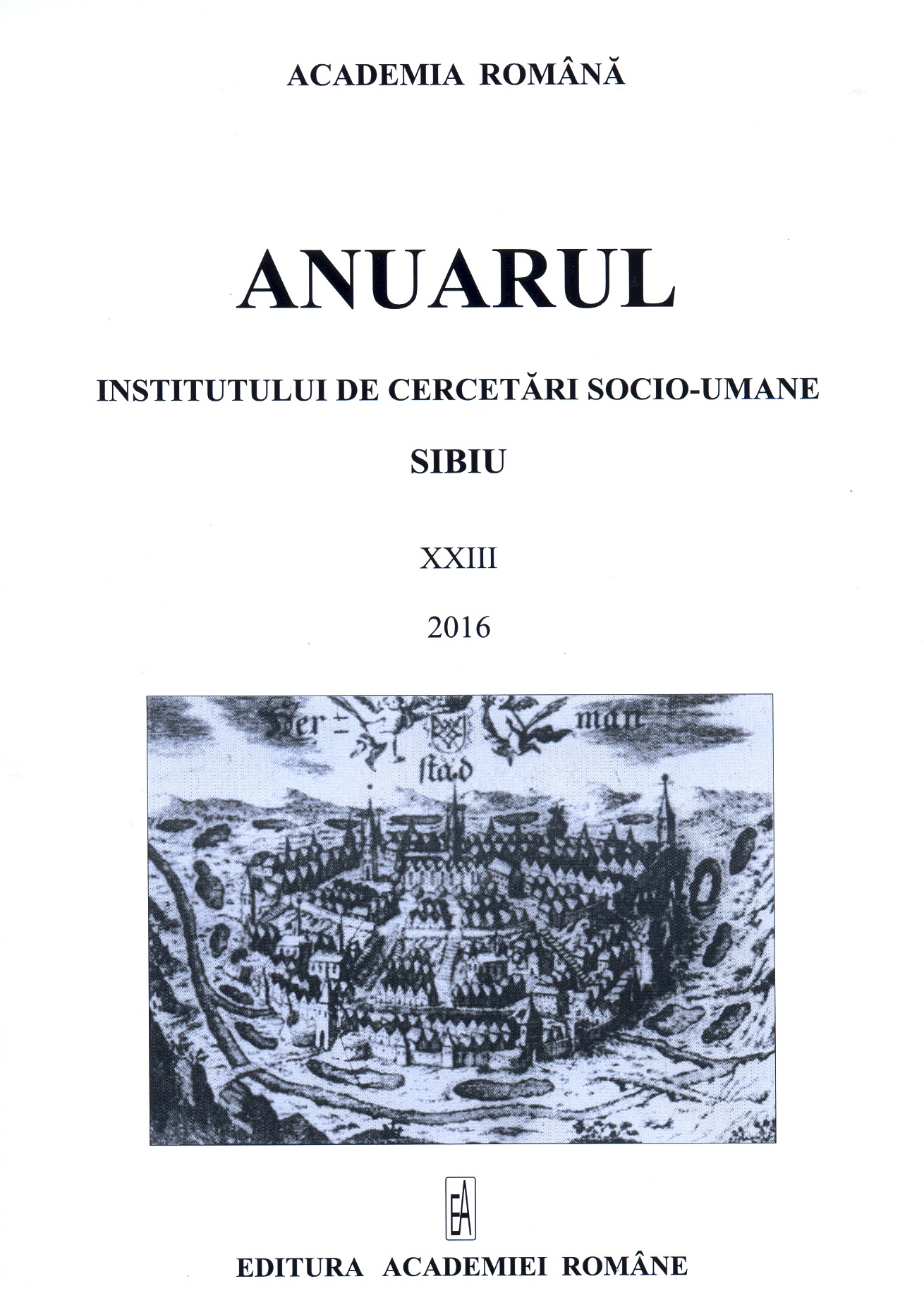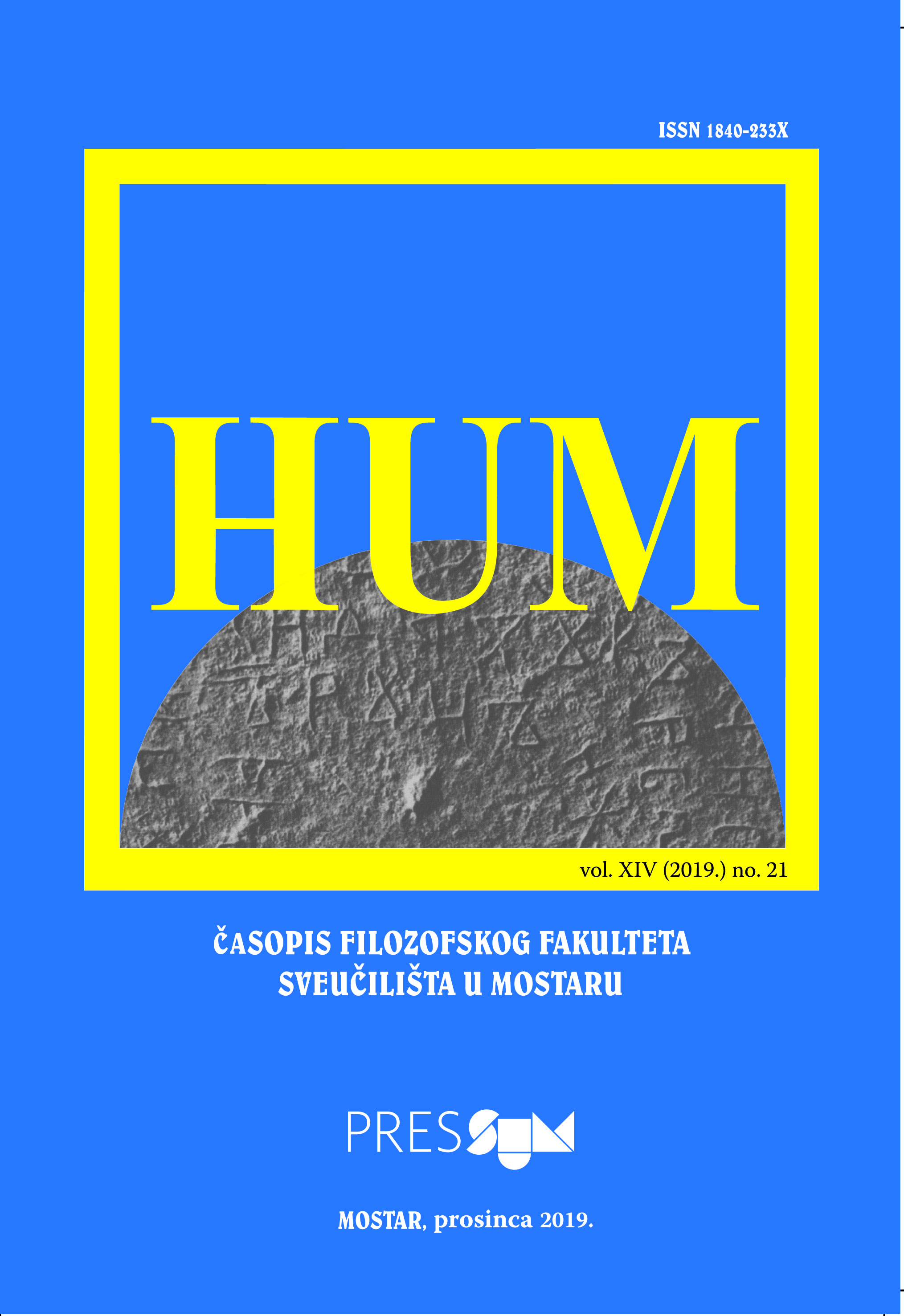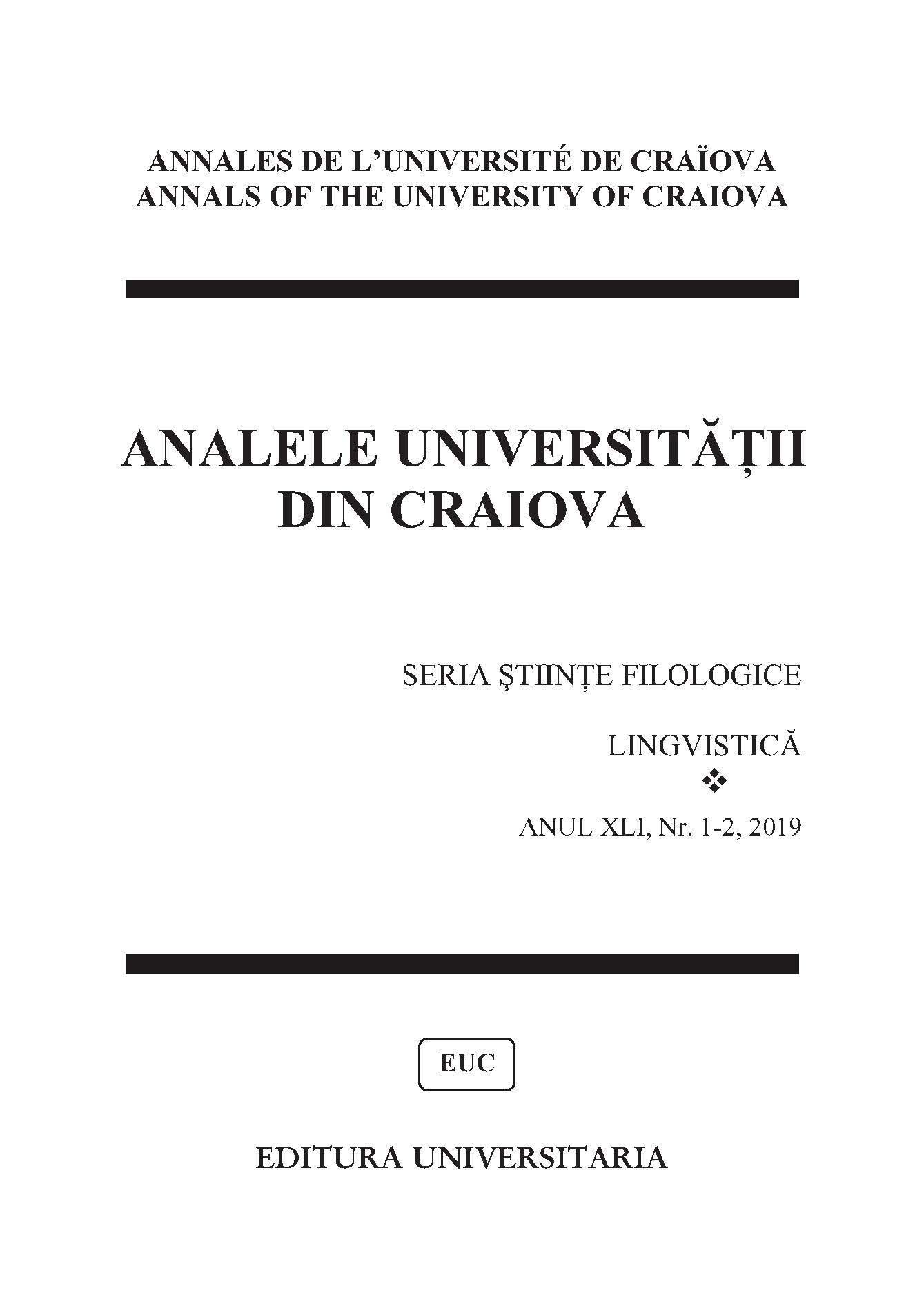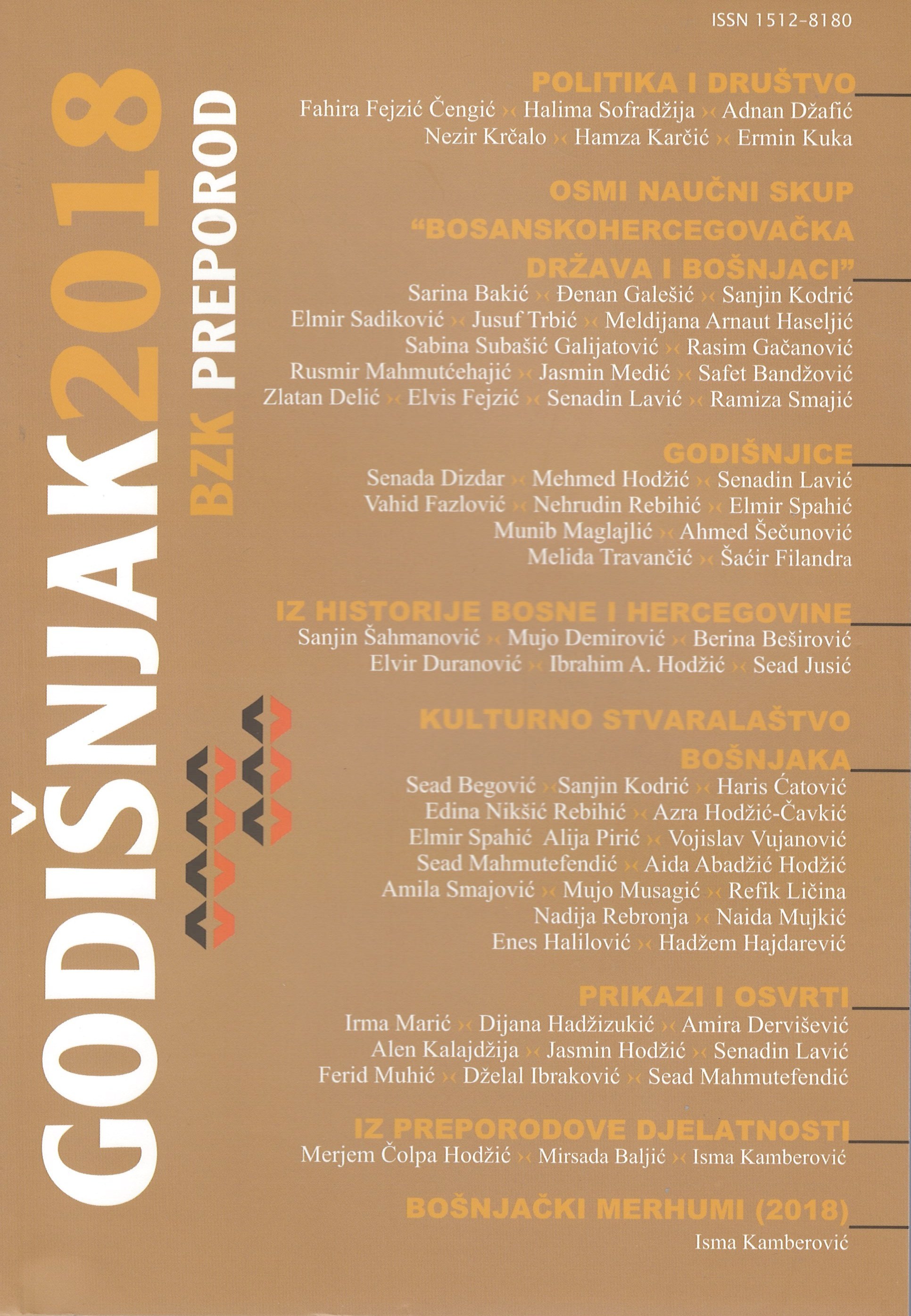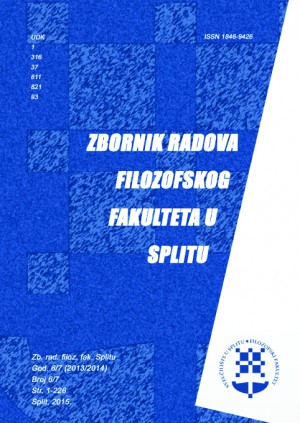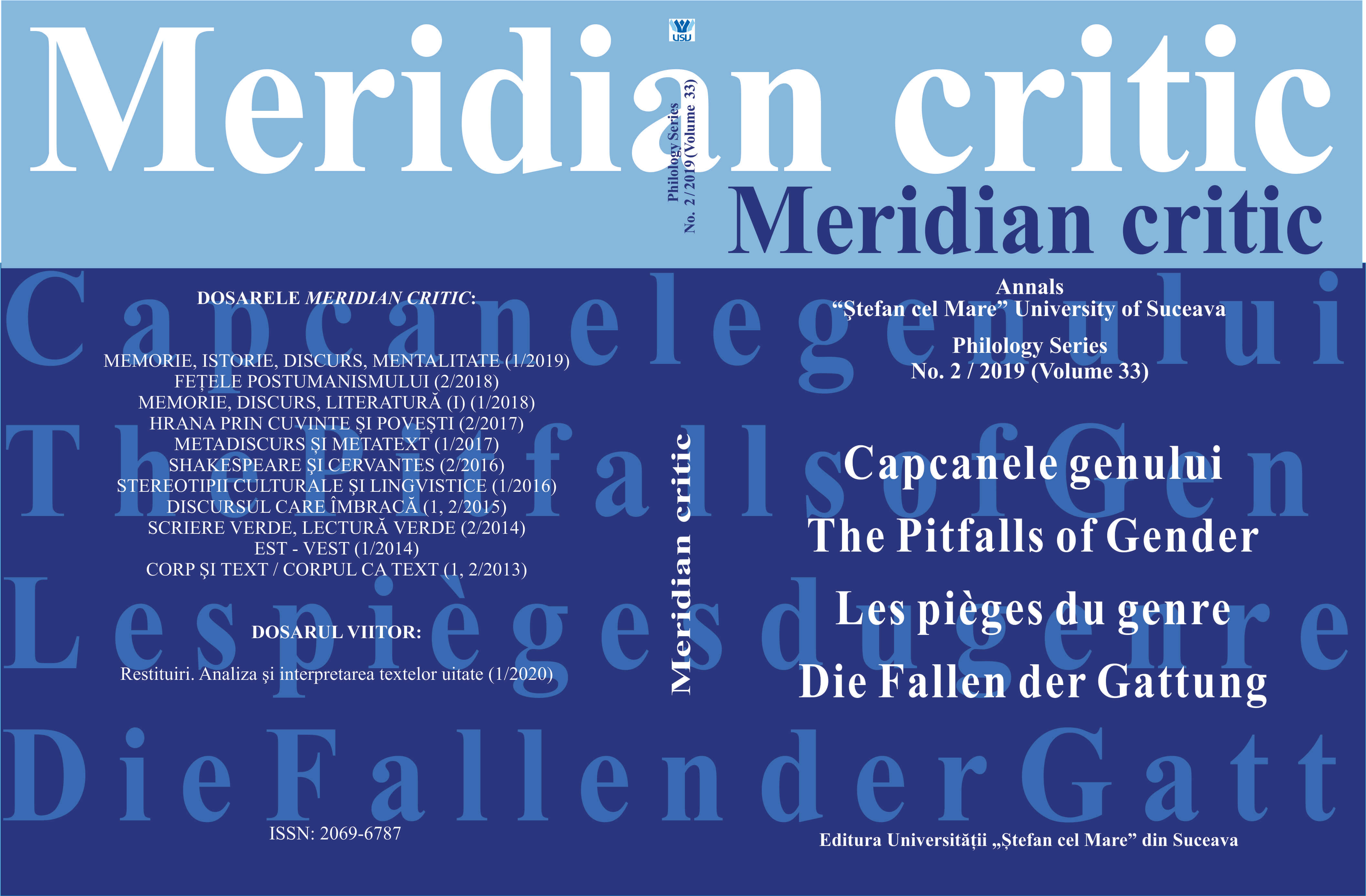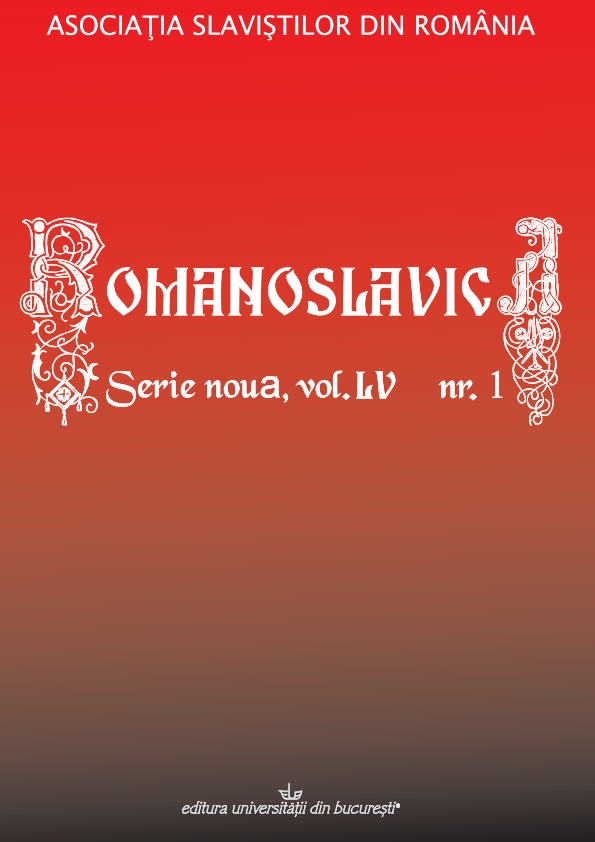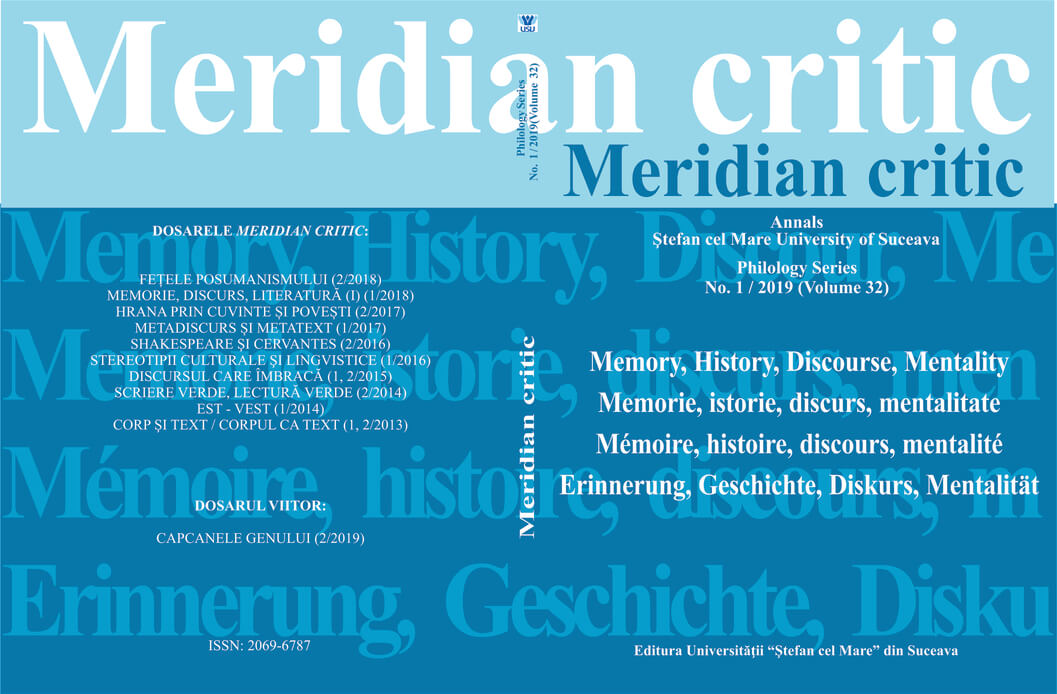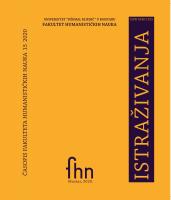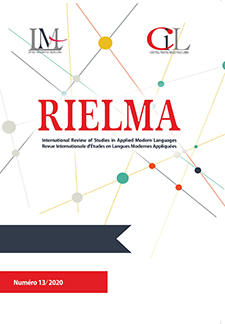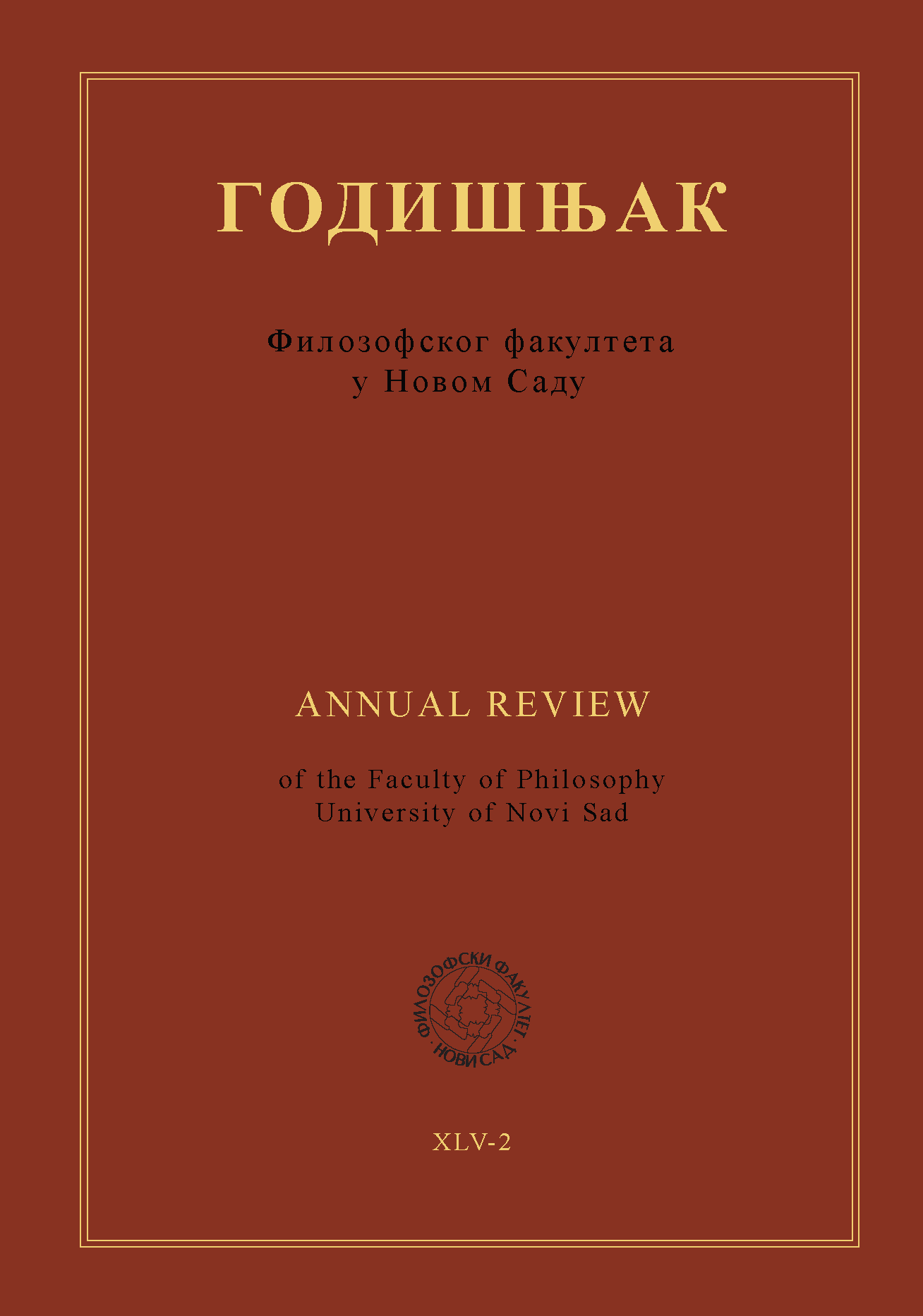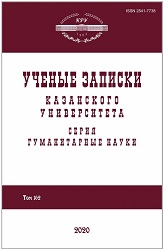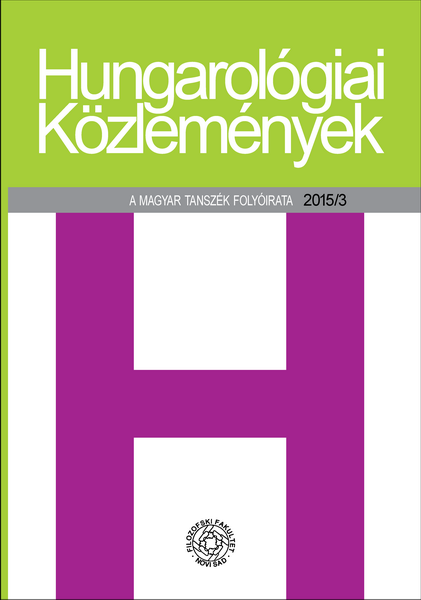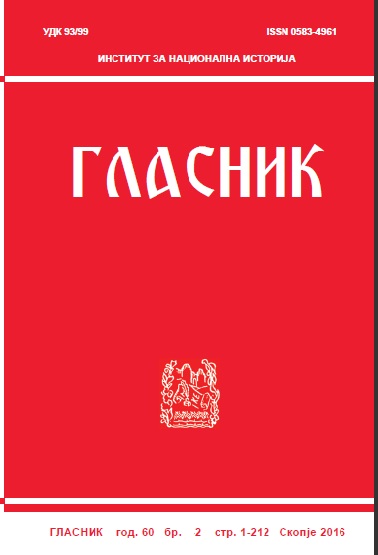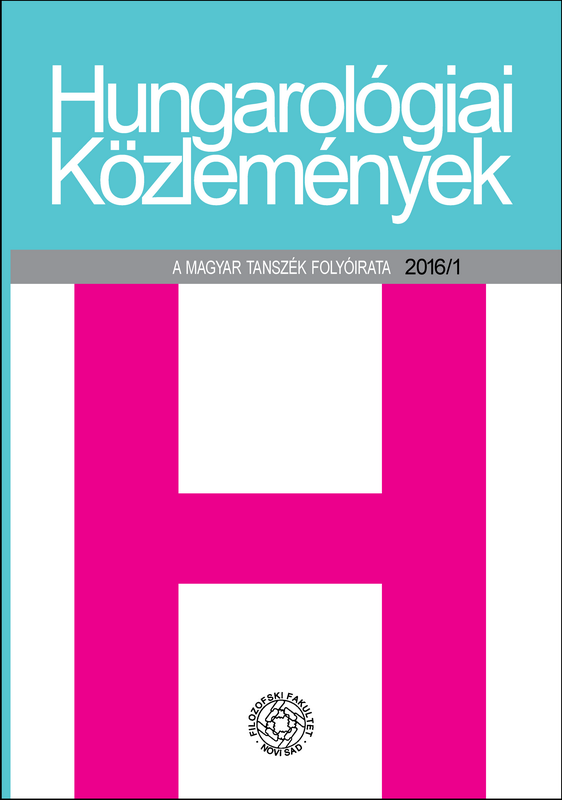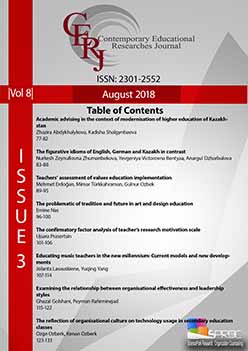Author(s): Marilena Felicia Luță (Țiprigan) / Language(s): Romanian
Issue: 1/2019
Our paper is based on the indissoluble relationship between individual identity, cultural identity, language determinism, cultural collective memory, linguistic memory and phraseology. The methodological approach is derived from professor Dolník's theory of cultural identity as a set of mentefacts, sociofacts, and artifacts. Mentefacts consist in thoughts, opinions, beliefs, values, prejudices, stereotypes, and myths about the social hierarchy, justice, the meaning of life and death, morality, the relationship between the individual and the group to which they belong. Sociofacts represent institutions in terms of social anthropology and cultural sociology, they are structures operating in different areas of social life. Artifacts are the cultural constructions as part of civilization. In this equation, language as part of culture and implicitly part of identity becomes an instrument, by which people can interpret the world they live in, which leads to linguistic determinism. In addition, the components of the cultural identity overlap not only with the stages of individual language development, but also with the stages of phrasemes' development. Based on the relationship between individual identity, cultural collective identity, language determinism, and phrasemes' development, considering that cultural memory involves language memory, we can infer that identity-related issues are faithfully reflected in phraseology. It also applies to Slovak, a Slavic flective language, whose phraseology reflects elements of their identity.
More...
